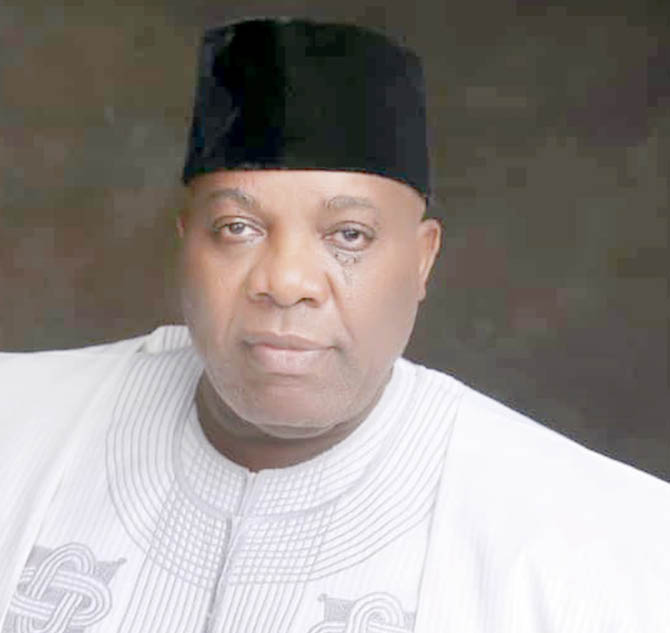Hardship: Take decisive economic measures, Doyin Okupe charges Tinubu
A two-term presidential aide, Doyin Okupe, has called on President Bola Ahmed Tinubu to take urgent action in response to Nigeria’s current economic woes, which have caused a rise in the cost of living for Nigerians. The former press secretary said, “In these critical times, a six-month state of emergency in the economic sector is […]

Dr Doyin Okupe
A two-term presidential aide, Doyin Okupe, has called on President Bola Ahmed Tinubu to take urgent action in response to Nigeria’s current economic woes, which have caused a rise in the cost of living for Nigerians.
The former press secretary said, “In these critical times, a six-month state of emergency in the economic sector is paramount to address the deep-seated issues affecting our nation.”
Okupe also suggested suspending the 2024 budget implementation, emphasising the necessity for a reset to address immediate economic challenges.
“A temporary pause in the budget execution can provide the space needed for strategic planning and resource reallocation,” he said.
Man United lead race for €110m-rated Osimhen
Amaechi, 4,411 new lawyers called to bar
Recognising the security challenges that are worsening the economic problems, the spokesperson called for the mobilisation of the army and security services, emphasising the significance of reducing instability to create a favourable climate for economic recovery.
Addressing the nation’s widespread oil theft, Okupe asked the president to use all available tools to put an end to the unlawful activity.
To stimulate the economy, he proposed a considerable increase in oil production capacity to three million barrels per day, with a particular emphasis on efficient operations by the NNPC and Dangote Refinery to generate 50 million litres of Premium Motor Spirit (PMS) per day.
“In pursuit of self-sufficiency, Nigeria should be prepared to exit OPEC, if necessary,” he said, emphasising the country’s commitment to protecting its economic interests.
Highlighting the overarching goal, he also emphasised the importance of regulating fuel costs, aiming for a range of N300 to N400 per litre and a maximum exchange rate of N750 to $1.
To address food security concerns, he advocated increased imports of staple food goods, as well as a holistic approach that included all levels of government contributing to and participating in these critical programmes.
